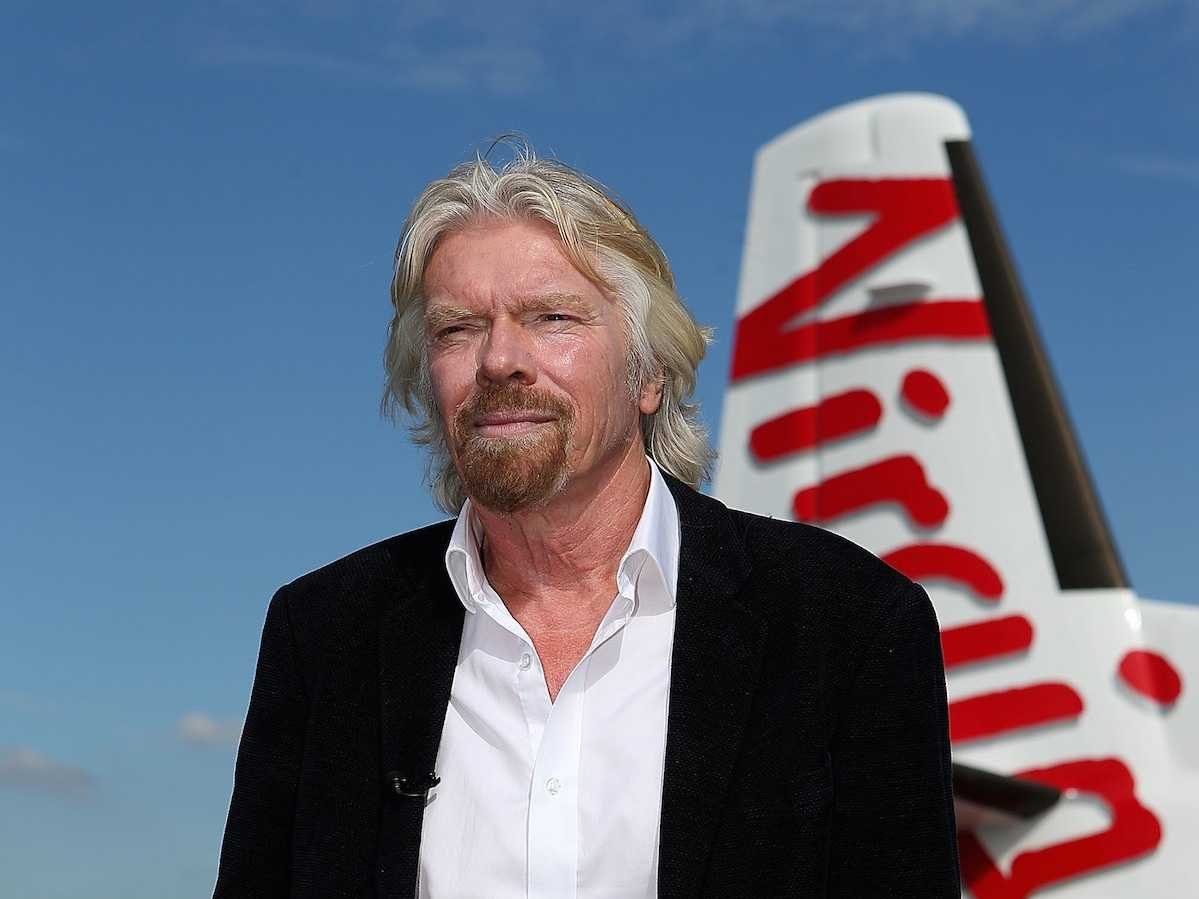How Protectionism Shields United Airlines From Competition
Wanna stick it to the unfriendly skies? Let Richard Branson and other foreigners compete inside the U.S.

As Brian Doherty observed here yesterday, the United Airlines outrage does not require new laws, though that is certainly news to microphone-hogging pols like New Jersey Gov. Chris Christie. In fact, let's round up some of the opportunistic political responses, shall we?
* Rep. Jan Schakowsky (D-Illinois):
her bill "will end the practice of involuntarily 'bumping' passengers from oversold aircrafts once and for all. If an airline chooses to oversell a flight, or has to accommodate their crew on a fully booked flight, it is their responsibility to keep raising their offer until a customer chooses to give up their seat."
Schakowsky said her legislation also will require that any dickering over how much a passenger will get for voluntarily relinquishing a seat is "carried out before they board the aircraft. These fixes would prevent the situation we saw on video from ever happening again."
* Sen. Chris Van Hollen (D-Maryland):
he is readying legislation to prohibit airlines from forcibly removing passengers due to overbooking or to free up seats for crew.
The Maryland Democrat released a letter to colleagues seeking sponsors for what he has called the "Customers Not Cargo Act."
There is another way, I argue in today's L.A. Times. If lawmakers really want United to feel the lash, they should remove the politically motivated protectionism that blocks foreign competitors from driving customer-unfriendly American airline behemoths out of business. Excerpt:
Foreign companies and individuals—think Richard Branson and Virgin Atlantic Airways—are forbidden by U.S. law from owning more than 25% of a domestic airline. That's why Virgin America could be sold last year to Alaska Airlines over the express wishes of Virgin's famous founder: He just didn't have enough votes.
The differently headquartered are banned outright from servicing routes between two American cities, a practice with the sinister-sounding name of cabotage. And carriers from Singapore to the Gulf States are not only barred from competition, but subject to sneering taunts by American legacies from behind the protectionist firewall, such as when United CEO Oscar Munoz this March said that companies including the well-regarded Emirates "aren't real airlines."
What on Earth justifies such pre-Trump xenophobic mercantilism in our increasingly globalized world? According to North America's Air Line Pilots Assn.: "These regulations ensure the national security of our country and the integrity of our airline industry." Or translated into honest-ese, "These regulations ensure the job security of unionized U.S. nationals and the continued existence of poorly run U.S. airlines."


Show Comments (61)